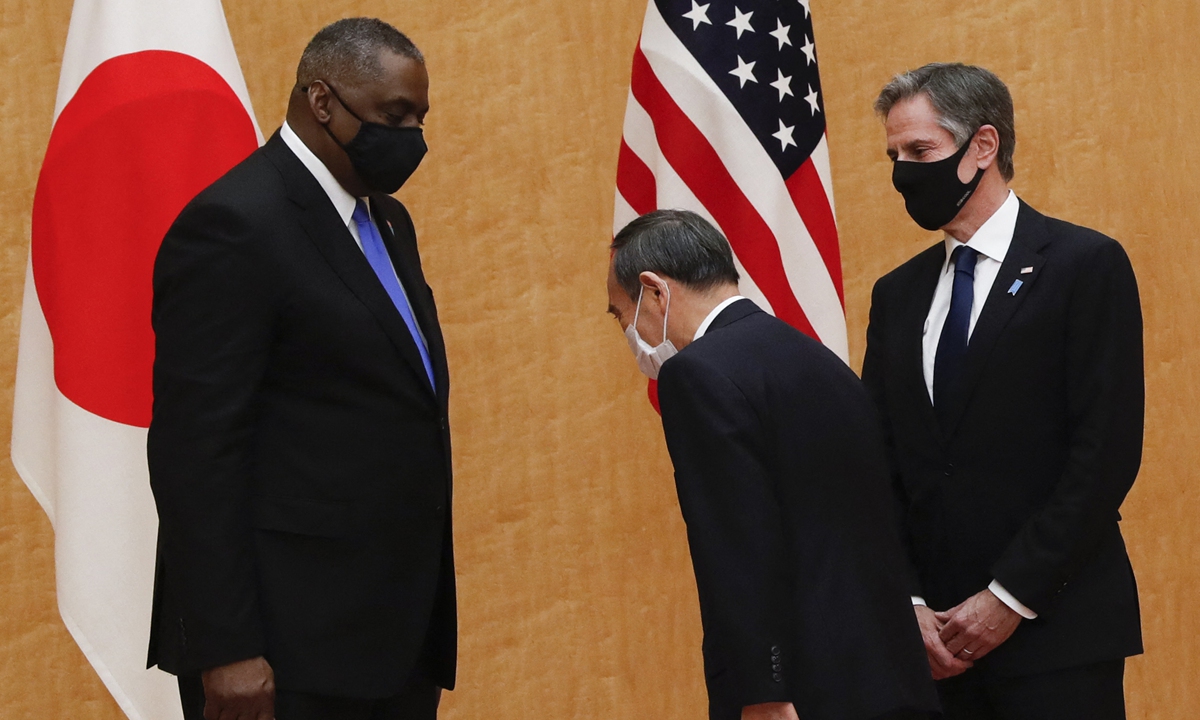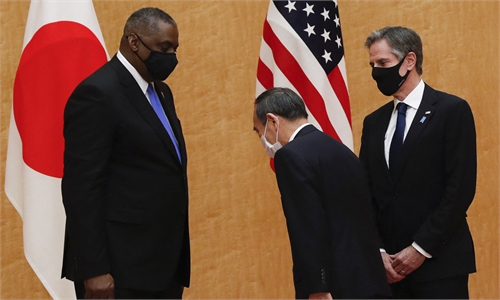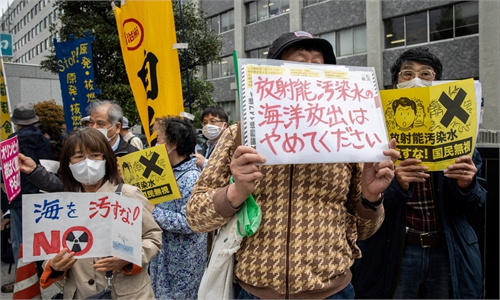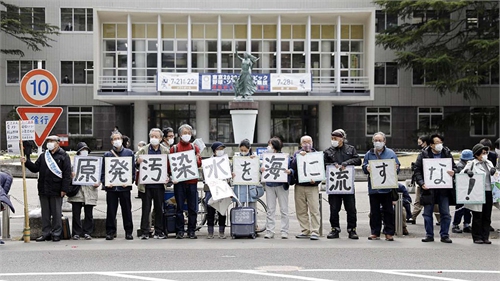‘Special’ relationship between Tokyo and Washington is a false proposition

Japanese Prime Minister Yoshihide Suga greeted US Secretary of State Antony Blinken and US Defense Secretary Lloyd Austin. Photo: AFP
The relationship between the US and the UK has always been regarded as "a special one." But now some Japanese media believe this special relationship may appear to have been replaced by the US-Japan relations.Generally speaking, when a new US president takes office, his priority will be attached to Europe. And Asia follows. However, Biden has concentrated on much of his attention, including phone calls and visits of US' key cabinet ministers, on Asia first, with a focus on Japan. In this context, Asia, and Japan in particular, has become increasingly geopolitically important in Biden's strategy of international coordination and use of allies.
The larger background of the improving US-Japan alliance is the US attempt to contain China. As competition between Beijing and Washington becomes normal and even intensifies, Biden is attaching increasing importance to Asia, including Japan, to bash Beijing.
The traditional special relationship between the US and UK is more like a relation between close relatives, and the US-Japan relationship is not in essence comparable to it. In the future, it will be difficult and take some time for US-Japan relationship to replace this traditional US-UK relationship.
The more important question is: Is the US-Japan relationship really special?
Many US experts question how special the US considers its relations with Japan to be. As mentioned in an article entitled "Japan's ticket to Oval Office is no new 'special relationship'" in Nikkei Asia, Japan is just a convenient ally for the US as it offers less risk and more diplomatic rewards than other US allies; such as South Korea and some European countries.
It is true that US' European allies, who are worrying about a resurgence of Trumpism, are skeptical of the Biden administration's commitments. As for Seoul, it is not willing to choose a side between Washington and Beijing. This displeases Washington.
By contrast, Japan's proactive attitude in standing together with the US is noticeable. For instance, Tokyo followed the US lead to groundlessly criticize China over alleged human rights violations and the origins of the COVID-19 pandemic. In this context, Washington is attaching growing importance to Japan. It even sees Japan as the cornerstone of its policy in Asia; here emerged Tokyo's "specialty" for Washington.
But from the US perspective, nothing is special in its relationship with Japan. Some scholars have already pointed out the fact that Washington changes course very quickly. As a corollary, it is difficult for the US to maintain a stable, consistent and coherent policy toward Japan no matter how "special" their relationship is. I am afraid that the so-called special relationship between the US and Japan is only a false proposition. By developing the US-Japan relationship, what the US really wants is more likely to use Japan to share its own costs in its competition with China.
Japan needs to be careful not to fall into the trap of expressions like, "there is something special in the US-Japan relations." If Japan completely falls back on the US, it will certainly harm its relationship with China, especially economically. If Japan really chooses security over the economy, this will not be acceptable to its domestic economic community.
Moreover, many Asian countries are reluctant to take a side between China and the US. If Tokyo chooses to side firmly with the US, its relations with these Asian countries might also be affected.
Will Japan continue to be tied to the US chariot to contain China? Will it be willing to be used as a tool to challenge its largest economic and trade partner and biggest neighbor at the cost of China-Japan relations? These are the questions that the Japanese side needs to think about thoroughly.
The author is director of the Institute of Northeast Asian Studies at Heilongjiang Provincial Academy of Social Sciences. opinion@globaltimes.com.cn



